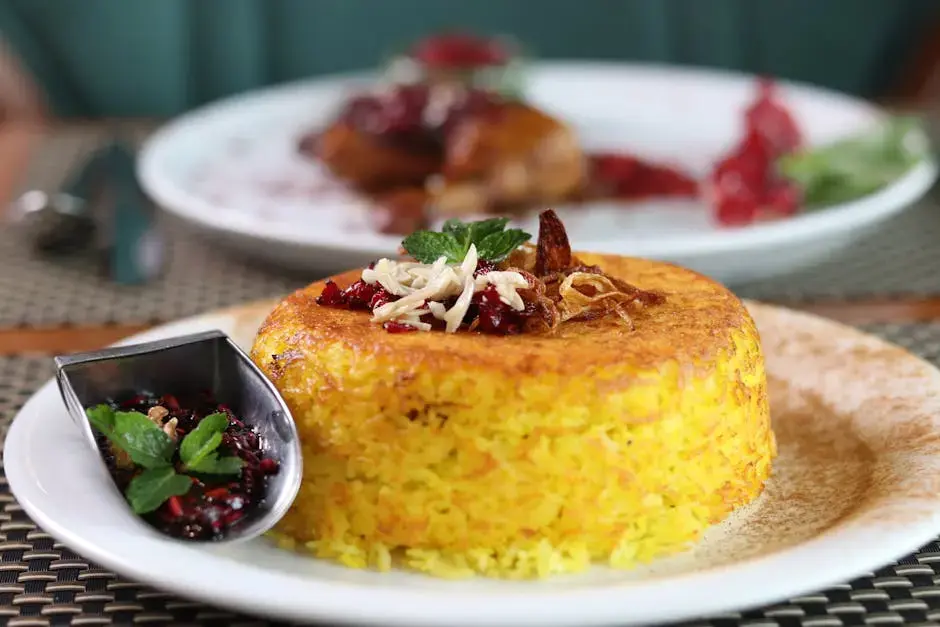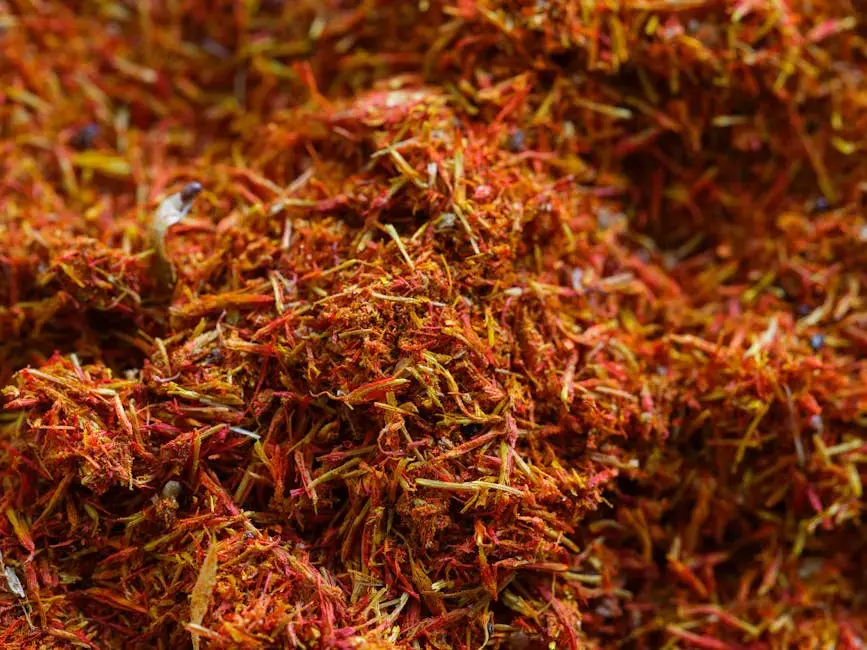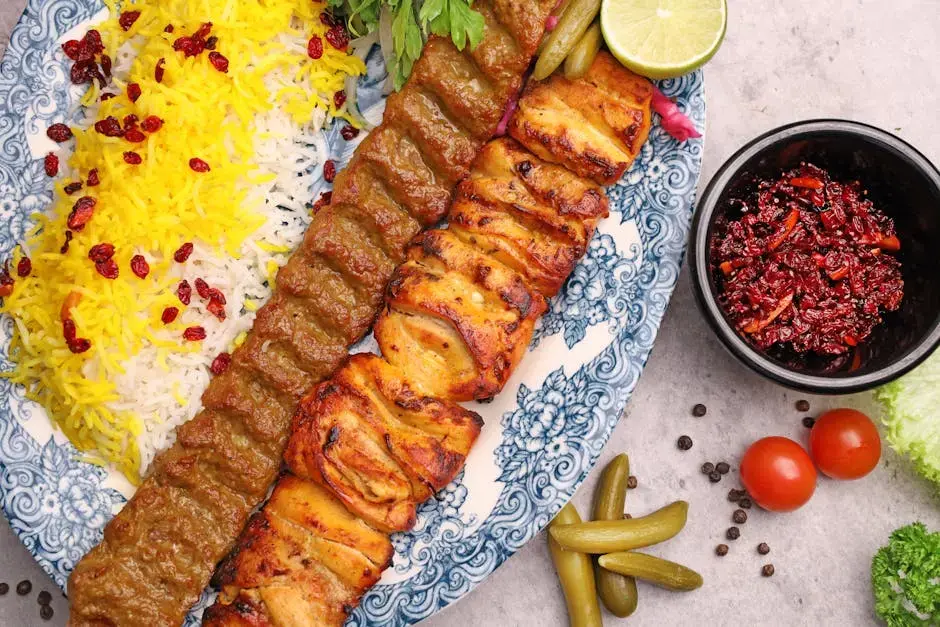How Does Charcoal Enhance the Flavor of Persian Dishes?
- Chelo
- May 18, 2025
- 3 min read
Charcoal grilling is a time-honored tradition in Persian cuisine, known for imparting a distinct flavor to its dishes. But how exactly does charcoal play a role in enhancing these flavors? In this FAQ blog, we'll explore the magic of charcoal in Persian cooking.

What Role Does Charcoal Play in Grilling?
Charcoal is used in grilling to provide high and consistent heat, which is essential for properly cooking Persian dishes. The heat helps seal in juices and creates a beautiful char that enhances flavor.
In Persian cooking, achieving the perfect grill requires mastering the art of balancing heat and timing. Charcoal provides that precise control, allowing chefs to develop flavors unique to Persian kebabs and grilled dishes. The uniformity in heat distribution ensures that each bite boasts a harmonious blend of smokiness and rich taste.
Moreover, the use of charcoal in Persian grilling isn't just about cooking; it's also about creating an experience. Gathering around a charcoal grill ignites a sense of community and nostalgia, bringing to mind traditional family gatherings and a love for the culinary heritage.
How Does Charcoal Affect the Taste of Dishes?
The smoke from charcoal binds with the natural oils and fats in the food, adding a smoky aroma and depth of flavor that elevates the taste of Persian dishes such as kebabs and grilled vegetables.
This smoke infusion transforms simple ingredients into something extraordinary. When marinated meats like beef and lamb are grilled over charcoal, they develop a rich, aromatic profile that pairs beautifully with traditional Persian spices like saffron, turmeric, and cumin.
There's also a scientific aspect to how charcoal impacts taste. The Maillard reaction, a chemical process that occurs when amino acids and sugars in food are exposed to high heat, is responsible for creating complex flavor compounds. Charcoal maximizes this reaction, resulting in a deeply satisfying umami taste visible in many Persian specialties.
How Does Charcoal Influence the Texture of Dishes?
The intense heat from charcoal sears the outside of meats and vegetables, forming a crispy, flavorful crust while locking in moisture for a tender interior.
Charcoal grilling is particularly effective in creating textures that are loved in Persian cuisine. For instance, the moment a piece of juicy koobideh kebab hits the scorching charcoal, it develops a slightly crisp outer layer while remaining juicy inside. This varied texture makes every bite an adventure, enhancing the overall dining experience.
Even vegetables benefit from the charcoal grilling process, as they achieve a delicate char that intensifies their natural sweetness. This technique can elevate simple side dishes such as grilled eggplants or bell peppers, making them worthy of a place beside any lavish main course.
Does Charcoal Add Any Health Benefits?
While primarily known for flavor enhancement, charcoal grilling can also help reduce fats as the high heat allows excess fat to drip away, resulting in a leaner finished product.
Grilled foods tend to be healthier as the process does not require added oils or fats to cook effectively. Additionally, the act of grilling vegetables can maintain their nutritional integrity better than boiling, according to studies on cooking methods.
However, it's important to use the right type of charcoal and grill safely. Opting for natural, additive-free products ensures that the benefits of this cooking style are maximized, highlighting the delicious flavors and wholesome nature of Persian dishes.
What Are Some Tips for Using Charcoal in Persian Cooking?
Ensure the charcoal is evenly distributed for uniform cooking. Use natural hardwood charcoal for a better taste and avoid over-smoking by keeping the lid partially open to disperse excess smoke.
Always preheat the grill to ensure a consistent cooking surface and avoid cold spots. Once heated, arrange the charcoal using the two-zone method to allow greater flexibility in controlling cooking temperatures for different foods. This is especially useful when grilling mixed kabobs where vegetables and meats might require different heat levels.
Adding a flavorful twist with different wood chips can also elevate your Persian grilling, imparting unique profiles like hickory or mesquite. Additionally, using seasoned marinades and basting throughout the grilling process can enhance both flavor and moisture retention.
Finally, experiment with grill placements. For example, lifting kabobs slightly off the grill with a wire rack during the final cooking stages allows gentle heat finish off your dish without over-charring delicate cuts.
Bringing Persian Flavors to Life with Charcoal
Charcoal is more than just a fuel for cooking; it's a catalyst that brings out the authentic flavors of Persian dishes. From enhancing taste with aromatic elements to adding visual appeal, charcoal plays a pivotal role in this rich culinary tradition.




Comments